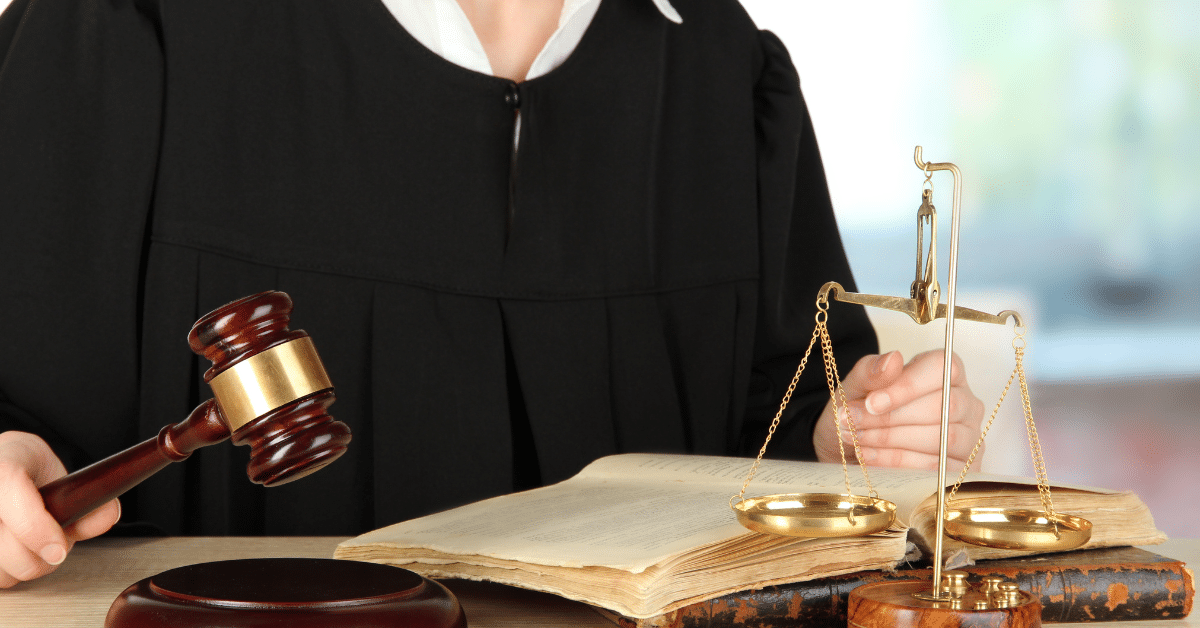The criminal court system here in Denver, CO is like a machine. It has a process where the accused goes in, and they come out guilty or not. No two defendants or crimes are identical, so there are variations for each case, but generally, the DUI court process has been refined by many years of state law, state and federal constitutions, and court decisions.
The fact that our criminal justice system can run in a mechanistic way is a significant reason why you should retain a DUI defense lawyer. Not only do we know the law, we understand how the system works along with its strengths and weaknesses. If you don’t have an attorney, you could be at risk of the system working against you.
Basic phases of what a DUI defendant should expect
1. Arraignment
You’re given a ticket indicating your initial court date, time, and location when you are released from custody. You will be advised of the charges, possible penalties, and your constitutional rights at your arraignment. You will be asked what you will plead. There is no penalty to pleading not guilty at this point, and you can change your plea later if you wish.
2. Pre-Trial Conference
This may or may not be scheduled with the arraignment. You, your attorney, and the district attorney may discuss the strengths and weaknesses of the prosecution’s case and your defenses.
Most charges are resolved through a plea bargain agreement, not a trial. In exchange for avoiding the uncertain outcome of a trial, both sides compromise. The prosecution may drop or reduce charges, and you would plead guilty to a charge with an agreed-upon sentence. This agreement is subject to a judge’s approval.
3. Disposition Hearing
If a plea bargain agreement is reached, the judge may accept it, continue the case for sentencing, or sentence at that time. There may be a delay so the judge can get more facts to decide whether the proposed sentence is appropriate. If there’s no agreement, dates may be set for motions hearing and trial dates.
4. Motions
If either side feels legal issues must be resolved, they will file motions, and the other side will respond. They both ask the judge to make decisions concerning the case. It could include that a charge be dropped, evidence be excluded, or a proposed witness not be allowed to testify. Both sides argue their positions at a motion hearing. The judge may decide at the hearing or issue a decision later.
5. Trial Readiness/Pre-Trial Date
The prosecutor or your defense attorney may bring up issues that need resolution before a trial or ask that it be continued.
6. Trial
Few cases go to trial. Many of those set for trial may be resolved at the last minute, or even during a trial, by a plea bargain agreement.
Both sides tell their version of what happened. The prosecution has the burden of proving beyond a reasonable doubt that you are guilty. You are not obligated to testify, but you may do so if it increases the chances of success. There may be witnesses to various facts of the case. The arresting officer will testify and there may be expert witnesses who may testify about technical issues like whether your blood alcohol content was measured correctly and reliably.
After all the evidence is presented and both sides make final arguments to the jury who then decides the outcome. A guilty verdict must be unanimous. If that’s the result, the next step is sentencing.
7. Sentencing Hearing
An evaluation will be done, and the prosecuting attorney, you, or your attorney can provide information to the court to help the judge make a sentencing decision.
Get Help Navigating the Court Process
Attorney Kevin Churchill has handled DUI cases for more than 22 years. If you are charged with DUI and want to know what comes next and how to get the best outcome, contact Churchill Criminal Defense. We are always here to help. Contact us at 303-832-9000 or use our easy online contact form today to schedule a free consultation.
